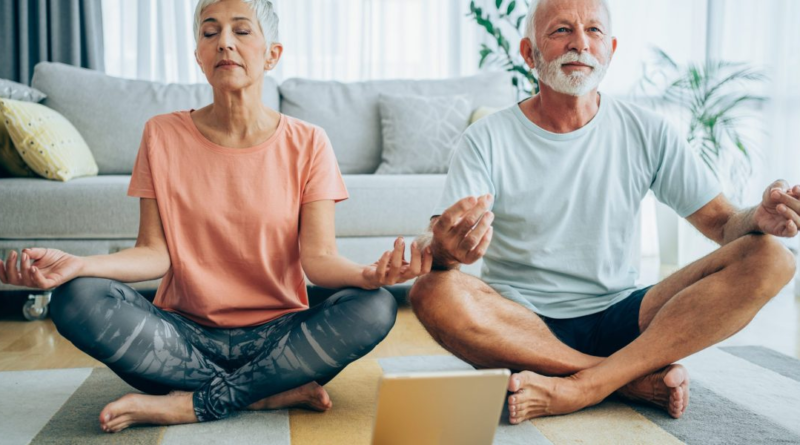The best time to day to work out? It differs for men and women and depends on your goals, researchers say
Wake up early to hit the gym, or stay late after work? The answer probably depends on your schedule–but it should depend on other factors, science suggests.
Researchers gathered a group of about 50 lean, healthy middle-aged men and women and had them exercise exclusively in the morning (6:30-8:30 a.m.) or evening (6-8 p.m.) for 12 weeks.
Each participant was provided with a meal plan and dietary coaching to ensure adequate nutrient and protein intake. And each was supervised while completing the RISE exercise plan, which entailed around an hour of resistance exercise (R), interval sprints (I), stretching/yoga/pilates (S), and endurance exercise (E) on four separate days each week.
They found that working out had different effects, depending on a person’s gender and the time of day they exercised.
In women, morning exercise produced:
- greater abdominal fat loss
- lower blood pressure
- increased lower-body muscle power
In women, evening exercise:
- greatly increased upper body muscle strength, power, and endurance
- enhanced mood
In men, evening exercise:
- lowered systolic blood pressure and fatigue
- stimulated fat oxidation
Thus, the time of day one exercises can influence the results they see—diet aside, even, the authors wrote in a 2022 article published in Frontiers in Physiology. It may be worth taking it into account when planning your workouts, if you have specific wellness goals, they added.
A study published earlier this year in Nature Communications found that those who engage in moderate-to-vigorous physical activity during the middle of the day (11 a.m.-5 p.m.) are less likely to die of any cause, including cardiovascular disease, than those who exercise during the morning (5-11 a.m.) or evening (5 p.m.-midnight). The trend was even more pronounced among males, older adults, those who were less physically active, and those with pre-existing cardiovascular disease.



